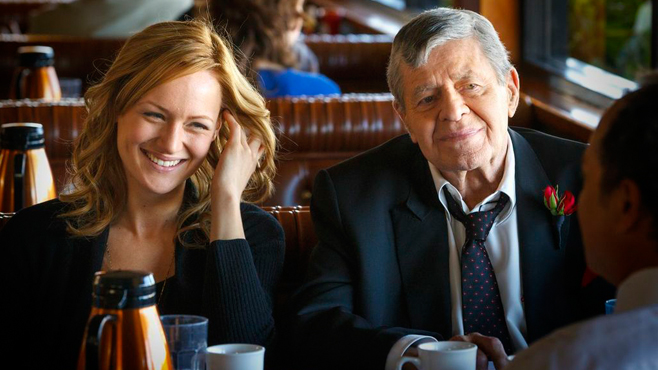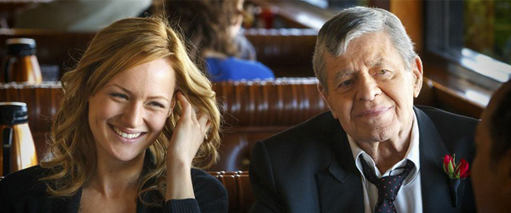Film Review: Max Rose
Sad Drama About Death And Regret Adds A Modest Capper To Its Star’s Long Career


Latest Article|September 3, 2020|Free
::Making Grown Men Cry Since 1992

